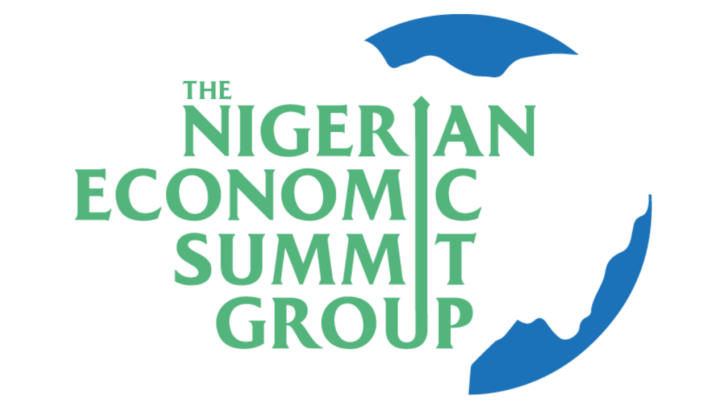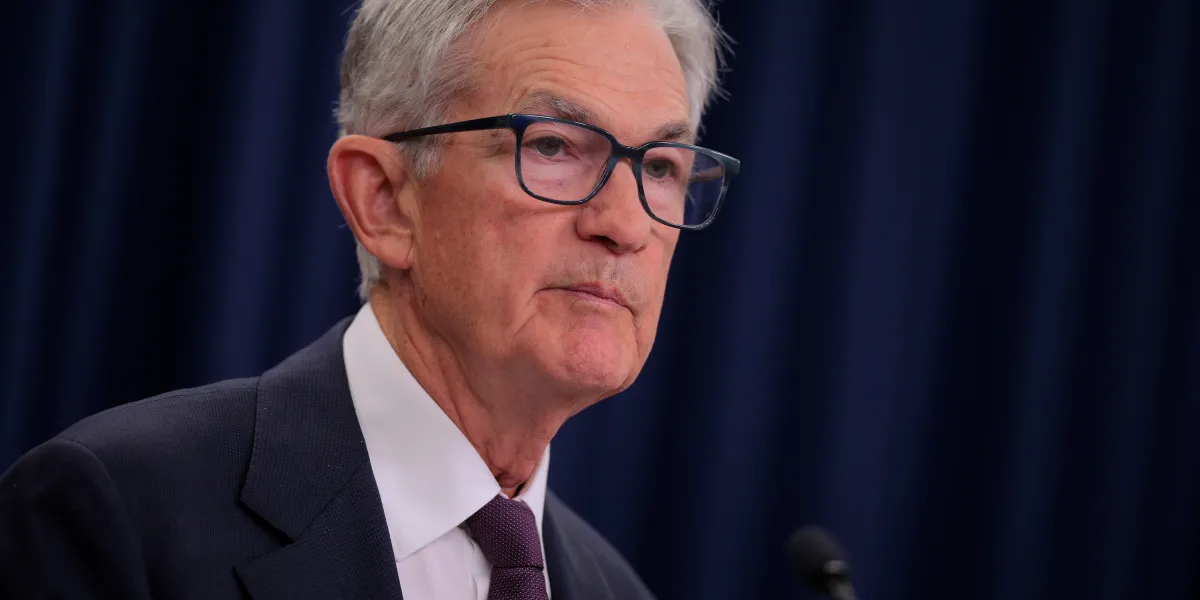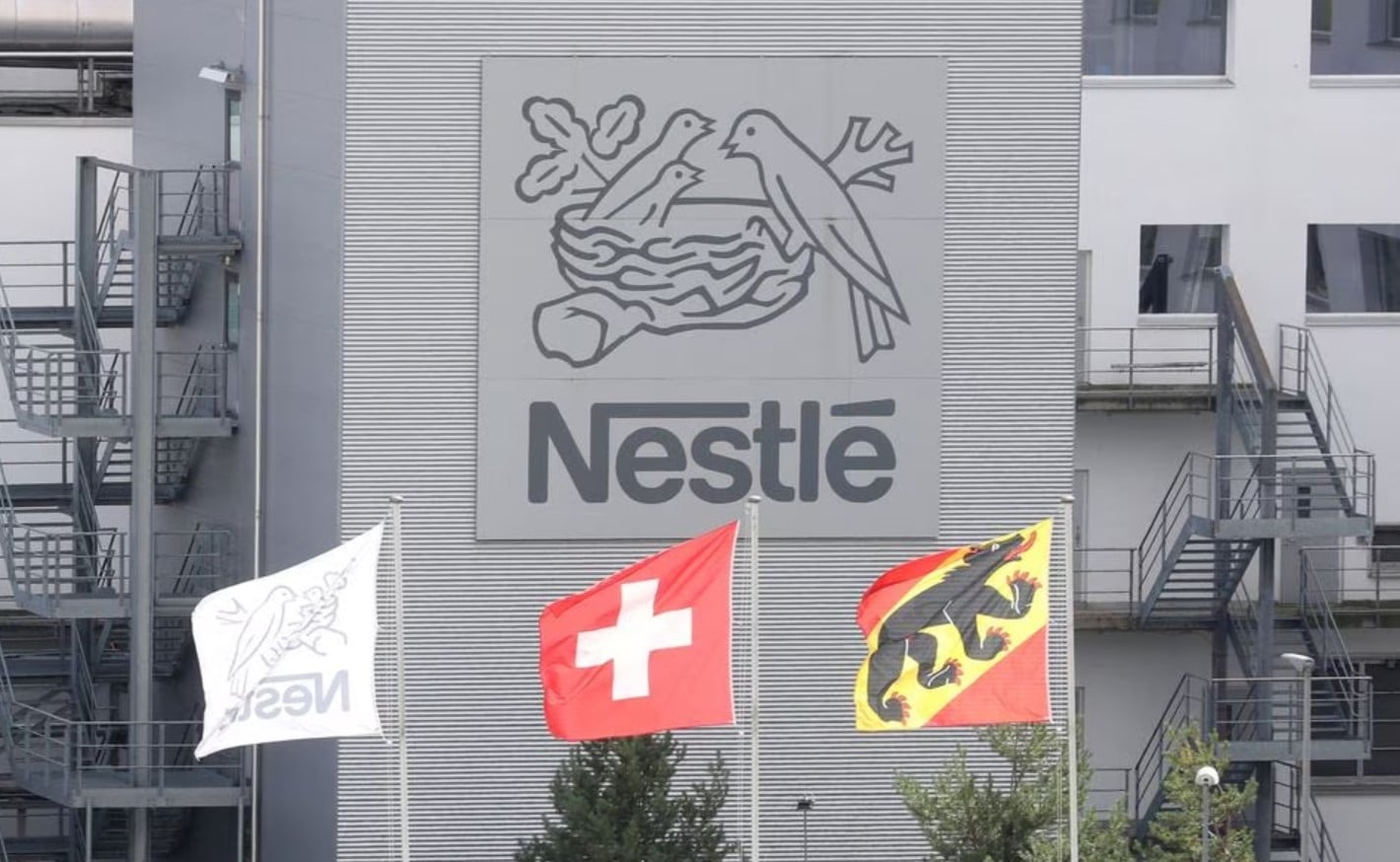By Chibuzor Emejor
Copyright independent

ABUJA – The Nigerian Economic Summit Group (NESG) has explained that unlocking domestic and foreign investment is non-negotiable for Nigeria to sustain economic growth and deliver prosperity to the citizenry.
A statement on Sunday issued by Ms Ayanyinka Ayanlowo, Acting Head, Strategic Commu-nication & Advocacy, NESG, said investment will not come without confidence in policies, infrastruc-ture, the legal environment, and market access.
Ayanlowo underscores the need to position Nigeria for a competitive edge.
She explained that as the 31st Nigerian Economic Summit (NES #31) approaches, scheduled for October 6–8, 2025, in Abuja, the sub-theme, ‘Unlocking Invest-ment amid Global Trade Shifts’, invites critical engagement with one of the most urgent challeng-es and opportunities of our time: repositioning Nigeria to attract investment and thrive in a rapid-ly evolving global trade environ-ment.
“With global supply chains being redefined, regional blocs strengthening, and investment flows shifting towards resilient, reform-driven markets, Nigeria stands at a pivotal moment to assert its competitiveness and unlock inclusive economic op-portunities,” she said.
Ayanlowo explained that the sub-theme of NES #31 addresses how Nigeria can deepen reform efforts to attract long-term capital, build investor trust, and strength-en its role as a hub for African and global trade.
“This sub-theme also recog-nises that trade and investment are interconnected: a more open, secure, and competitive trade landscape will enhance Nigeria’s appeal as an investment destina-tion.
“At NES #31, stakeholders will explore how Nigeria can seize the moment to lead within the Afri-can Continental Free Trade Area (AfCFTA), position its industries for global integration, and scale up sectors with comparative ad-vantage.”
She further stated that the main of the NES#31, ‘The Re-form Imperative: Building a Prosperous and Inclusive Nige-ria by 2030,’ would spotlight key areas required to make Nigeria investment-ready in a new trade era such as modernising trade and investment policies to reflect global realities; strengthening in-frastructure, logistics, and export capacity; improving the ease of doing business and investor dis-pute resolution; facilitating cap-ital flows through financial mar-ket reforms as well as expanding regional value chains and export competitiveness.”
According to the statement, “These conversations are ground-ed in the NESG’s Arc of the Pos-sible Strategy, which identifies investment climate and trade as short-term focus areas, and insti-tutional efficiency and productiv-ity as medium-term enablers of competitiveness.
“In a world where capital is constantly seeking value, predict-ability, and return, Nigeria must present a compelling case.”



